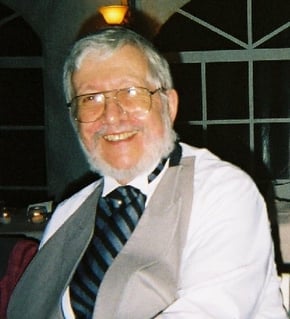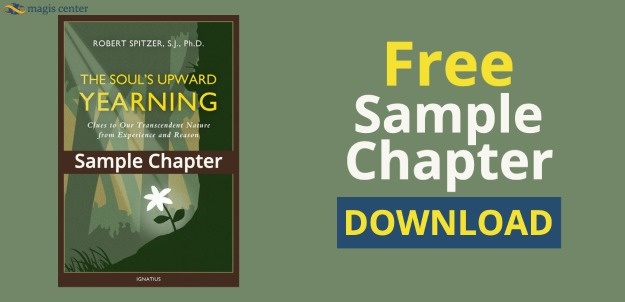By its very nature, science is limited. This limitation was expressed most profoundly by Fr. Stanley Jaki:
Hamlet’s question, ‘to be or not to be,’ has a meaning even deeper than whether an act is moral or immoral. That deeper meaning is not merely whether there is a life after death. The deepest perspective opened up by that question is a reflection on existence in general. In raising the question, ‘to be or not to be,’ one conveys one’s ability to ponder existence itself. In fact, every bit of knowledge begins with the registering of something that exists. To know is to register existence. But this is precisely what science cannot do, simply because existence as such cannot be measured. [emphasis added]. —Fr. Stanley Jaki, "The Limits of a Limitless Science," Asbury Theological Journal 54 (1999), p.30
Fr. Jaki's point here is that science is basically quantitative and reproducible. This restriction puts aside the so-called historical sciences (e.g., such as biology, geology, etc.). However, if we interpret "measured" as '"reproducible observation," then all science would be included. A shorter version of the quote would be "science cannot explain why there is anything." It can (sometimes) explain how something came to be, but not why it came to be. Purpose (teleology) lies outside the domain of science.
What this means is that science cannot explain itself. Or to use the Nobel Prize laureate Eugene Wigner’s apt phrase, science cannot explain “the unreasonable effectiveness of mathematics to develop scientific theories that describe the world around us.” The only justification for this success is empirical—it works!
We can also phrase Fr. Jaki's statement as a series of questions that science cannot answer. What can science tell you about ethics, beauty, what is good, and what is true? Science may answer the “how” questions but can never answer the “why” questions:
- Why is there anything?
- Why do I exist?
- Why does science work?
- Why do we believe in God?
- Why do we seek the beautiful, the good?
- Why does music affect us so powerfully?
The best answers to such questions are given in the Baltimore Catechism and in Holy Scripture:
Q: Why did God make you?
A: God made me to know Him, to love Him, and to serve Him in this world, and to be happy with Him forever in heaven." —Question 6, Lesson the First, Baltimore Catechism No. 1
OR
A: The heavens declare the glory of God; and the firmament sheweth his handywork. Day unto day uttereth speech, and night unto night sheweth knowledge. There is no speech nor language, where their voice is not heard. —Psalm 19 (KJV)
So “that is where I find the answers to the most important questions.”
Note: A portion of this article was published previously in The Catholic Thing.


